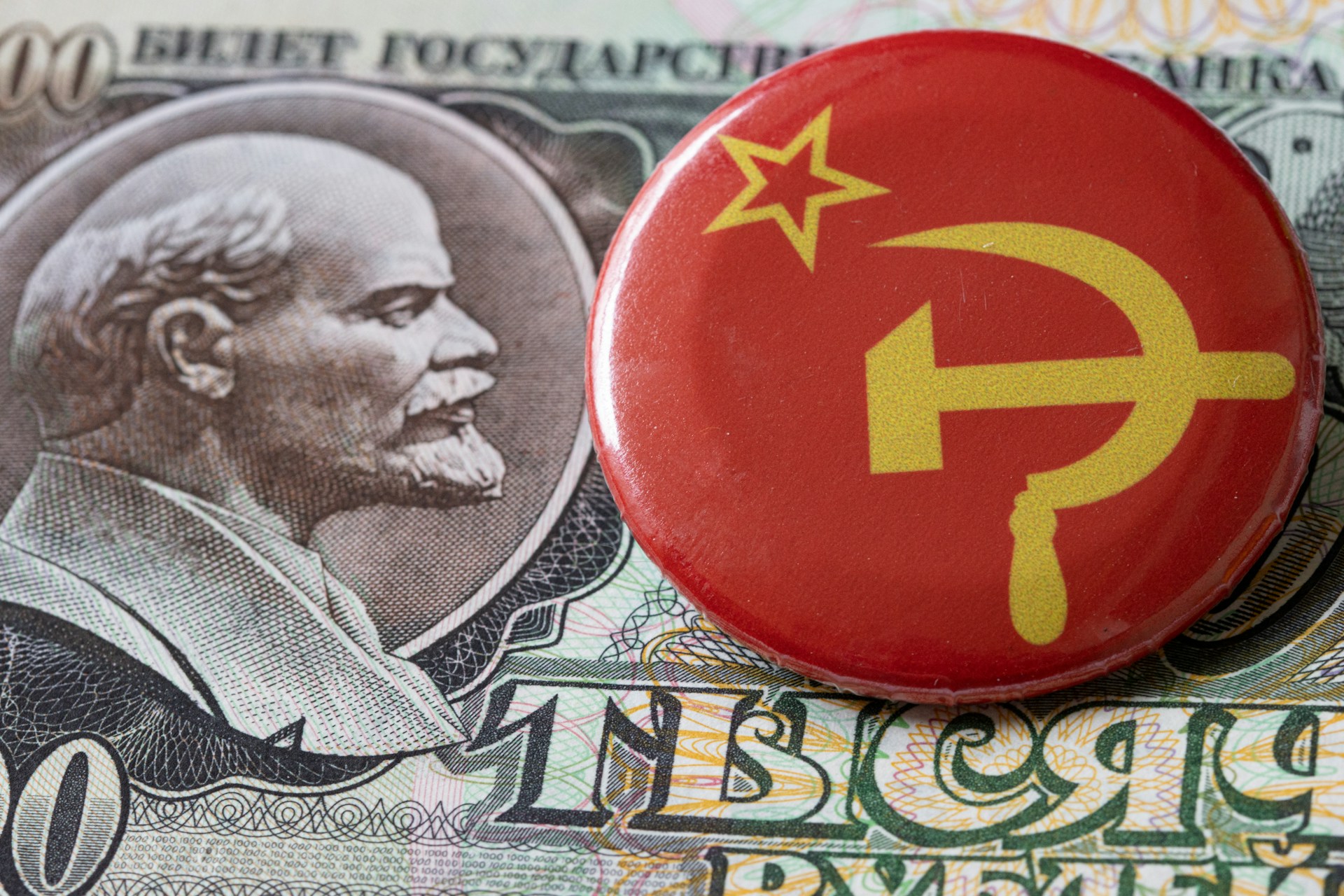Red Globalization: The Political Economy of the Soviet Cold War from Stalin to Krushchev, by Oscar Sanchez Sibony (Cambridge University Press)
Twentieth-century globalisation was a capitalist, Western project. The US led an unprecedented expansion of world trade volumes, while in the East, the Soviet Union and its allies languished in economic development, their lack of international trade links hindering their ability to get rich. Wrong, say Oscar Sanchez-Sibony. This is Fake News, put about by the ideological opponents of the USSR, more interested in painting it as an autarkic, insular blob, cherishing its apartness from the capitalist world outside. Sanchez-Sibony insists, that the problem with this common conception “is that Soviet autarky is wrong.”
Is this plausible? Only partially. The Soviet Union’s relatively high levels of trade as a proportion of the national economy was a function on its dependence on the export of raw materials to fund the autarkic incompetence of the rest of its economy. Sanchez-Sibony contrasts the Soviet figures with those of Japan, which he argues followed a similar trajectory of globalisation through the second half of the twentieth century. What this comparison fails to grasp, however, is the nature of that globalisation. Japan’s diversified production chains enabled it to sell high value products to the rest of the world. The rest of the world, however, only needed the USSR economically for its oil, timber, gas and gold.
The USSR was definitely not autarkic (did anyone say it was?). However, the nature of its relationship with the rest of the world did not resemble the forms of globalisation seen in the west. Indeed, its relationship with the rest much more resembled that of an African country, rich in resources, but struggling to provide anything of added value that foreigners might be interested in. Sanchez-Sibony attacks Odd Arne Westad for suggesting that the power of the Soviet Union lay in its simple antagonism (an analysis that would also apply to today’s Russia, which in its current form has nothing to contribute to Europe except for threat). But examination of the nature of economic connection between the USSR and the West seems to prove Westad right.
Sanchez-Sibony attacks the US as a hegemon, demanding exclusivity of relations, and “transgression of the boundaries it set brought with it swift retribution.” The USSR, on the other hand, was an open-minded trade partner demanding none of the ideological commitments that the US brought with it. Thus, the traditional equivalence between the US and the USSR in a bipolar global economic system is wrong. And then Sanchz-Sibony undermines his argument with a bracket-hidden caveat – the Soviet Union would not demand exclusivity, unless the country was within “the reach of its armies in its immediate periphery.” Sounds like hegemonic behaviour within a bipolar system to me!
I loved reading the accounts of trade negotiations. The granular detail of wrangling with France, for example, and the haggling over which products were to be included, and the Soviet negotiators’ frustration when things didn’t go their way. All this was fascinating. But I flinched at Sachez-Sibony’s editorialising, which I found one-sided and wilfully ungenerous to whoever it was in the west that the Soviets were trying to do a deal with. The nature of negotiations is that participants try to get away with things against the interest of the other. The Soviets were doing the same. And if I were the West in the 1960s, I would definitely restrict export of technologically advanced equipment to an existentially threatening rival. Sanchez-Sibony dismisses out of hand the threat that Western Countries saw in the USSR. His is not even-handed analysis. He also criticises scholars’ excessive deference to US archives, which he says drives the characterisation of the USSR as fundamentally different to the West in its approaches to trade. But then he replicates this exact error in his use of Soviet sources. His uncritical acceptance of the talking points of Soviet archives reinforced my impression that this was a man doing his best to tell a story of Western perfidy and Soviet benignity at all costs. I don’t buy it.




